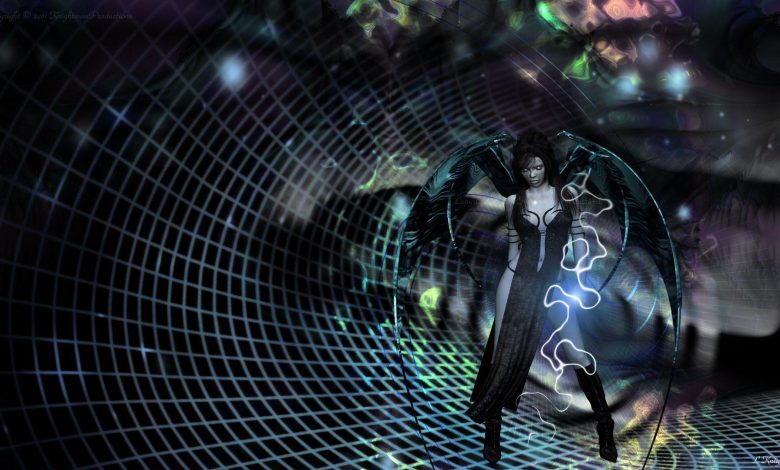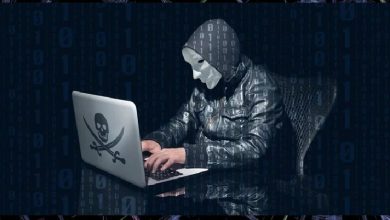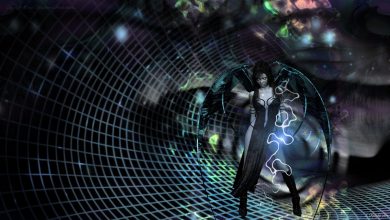The Dark Web’s Influence on Society: An Overview of bclub.cm

Introduction
The Dark Web continues to be a mysterious and controversial realm of the internet, with significant implications for society. One prominent platform within this hidden landscape is bclub.cm. In this article, we explore the influence of the Dark Web on society, focusing on the operations and impact of bclub.cm. By examining its role in illicit activities, privacy concerns, and cybersecurity, we gain insights into the far-reaching consequences of the Dark Web on individuals and communities.
Unveiling the Dark Web
The Dark Web represents a hidden part of the internet that requires specialized software to access. It operates outside the boundaries of traditional search engines and offers a level of anonymity and privacy not found on the surface web. While it is home to both legal and illegal activities, understanding the Dark Web is crucial in comprehending its influence on society and the unique challenges it presents.
Introducing bclub.cm
bclub.cm is a notable platform within the Dark Web landscape. While specific details about its operations are not publicly available, it is known to facilitate a range of illicit activities. These may include the sale of stolen data, counterfeit goods, hacking services, and more. The platform relies on anonymity and employs cryptocurrencies for transactions, enabling users to engage in secretive and potentially harmful activities.
Illicit Activities and Societal Impact
bclub.cm and similar platforms within the Dark Web have significant implications for society:
a) Sale of Stolen Data: One of the prominent activities on bclub.cm is the sale of stolen data, such as personal information, credit card details, and login credentials. This poses a direct threat to individuals, leading to financial fraud, identity theft, and compromised privacy. The availability of stolen data fuels cybercrime and erodes trust in online transactions.
b) Counterfeit Goods: The Dark Web, including platforms like bclub.cm, serves as a marketplace for counterfeit goods. The sale of counterfeit products undermines legitimate businesses, impacts brand reputation, and places consumers at risk of purchasing substandard or dangerous items. This illicit trade contributes to economic losses and poses challenges to consumer protection.
c) Hacking Services: bclub.cm enables the exchange of hacking services, allowing individuals to engage in unauthorized access, data breaches, and other malicious activities. The proliferation of hacking services on the Dark Web poses significant cybersecurity risks, threatening the integrity of digital systems and the privacy of individuals and organizations.
Privacy and Ethical Concerns
The Dark Web’s influence on society raises ethical and privacy concerns:
a) Anonymity and Privacy: While the Dark Web offers individuals a degree of anonymity and privacy, it also becomes a haven for criminal activities. Balancing the need for online privacy with the necessity to prevent illegal actions presents an ethical dilemma. The misuse of anonymity on platforms like bclub.cm highlights the challenges of ensuring responsible use of technology.
b) Exploitation and Harm: The activities facilitated by bclub.cm can lead to significant harm to individuals and communities. The sale of stolen data and counterfeit goods directly impacts individuals’ financial well-being, while hacking services perpetuate cyber threats. The Dark Web’s influence on society extends beyond financial losses, as it can contribute to a sense of insecurity and vulnerability in the digital landscape.
c) Legal Implications: The existence and operations of platforms like bclub.cm within the Dark Web present legal challenges for law enforcement agencies. The anonymous nature of the Dark Web makes it difficult to track and prosecute offenders, necessitating innovative approaches to combat cybercrime effectively.
Mitigating the Dark Web’s Impact
Addressing the influence of the Dark Web on society requires a multi-faceted approach:
a) Strengthening Cybersecurity: Enhancing cybersecurity measures is crucial to protect individuals and organizations from the threats emanating from the Dark Web. This includes robust encryption protocols, regular software updates, and promoting awareness of safe online practices.
b) Collaboration and Legislation: Governments, law enforcement agencies, and international organizations must collaborate to develop effective legal frameworks that address the challenges posed by the Dark Web. Legislation should focus on cybercrime prevention, data protection, and international cooperation to combat illicit activities.
c) Public Awareness and Education: Raising public awareness about the risks and consequences of engaging with the Dark Web is essential. Educating individuals about responsible online behavior, privacy protection, and the potential repercussions of illegal activities can help mitigate the Dark Web’s negative influence on society.
Conclusion
The Dark Web, exemplified by platforms like bclub, has a profound influence on society. Its involvement in illicit activities, privacy concerns, and cybersecurity threats pose significant challenges. By adopting a comprehensive approach that includes strengthening cybersecurity, enacting relevant legislation, and promoting public awareness, we can strive to mitigate the negative impact of the Dark Web on individuals, communities, and the overall digital landscape.




